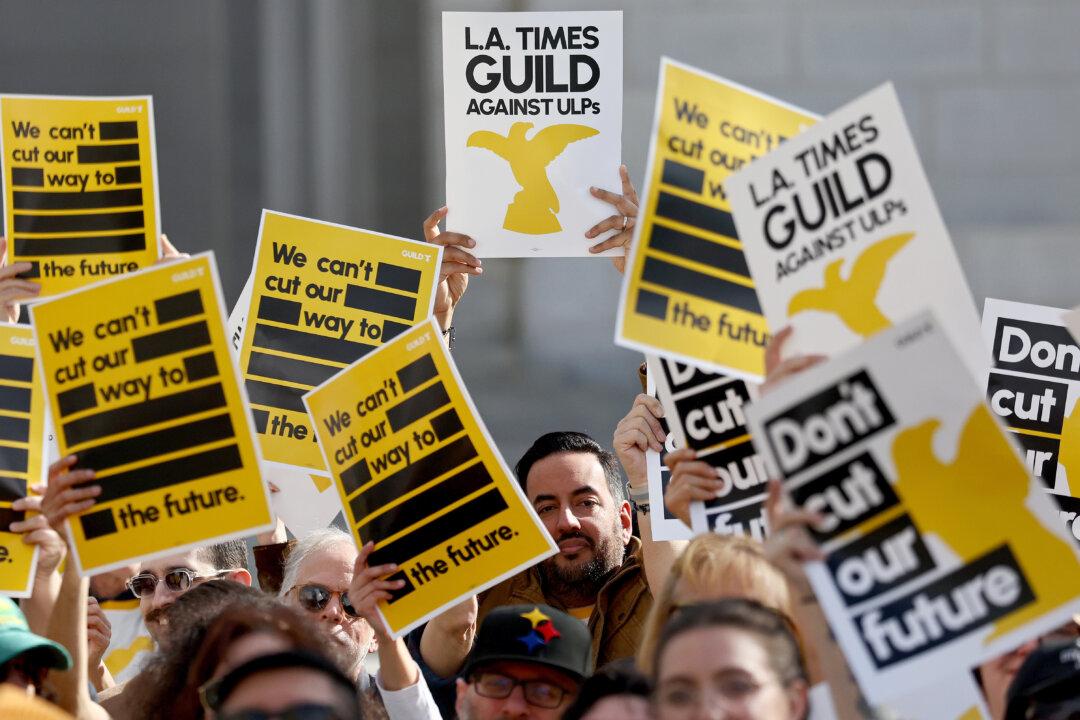News Analysis
From a startup outlet burning through tens of millions of dollars and shutting down to newsrooms making significant cuts, American journalism is facing a rough stretch.

From a startup outlet burning through tens of millions of dollars and shutting down to newsrooms making significant cuts, American journalism is facing a rough stretch.